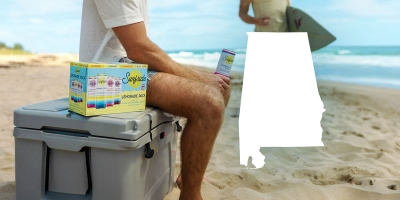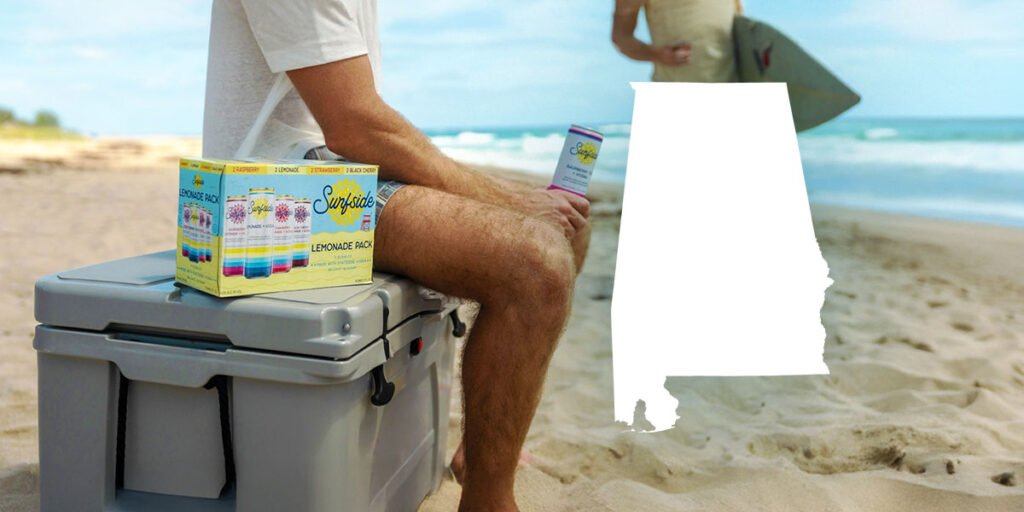
As ready-to-drink (RTD) canned cocktails continue to rise in popularity across the country, lawmakers in Alabama are inching closer to meeting this growing consumer demand while also boosting local businesses.
Sales of RTD beverages are skyrocketing, making them the fastest-growing segment within the alcoholic beverage industry. Many consumers in Alabama are eager for these products to become more accessible in retail outlets like grocery stores and convenience shops that already sell beer and wine.
Interestingly, several neighboring states, even those with liquor control regulations like Mississippi, have already made allowances for these products in recent years.
On Tuesday, the Alabama House of Representatives moved forward with House Bill 521, championed by state representative Craig Lipscomb (R-Gadsden). Meanwhile, Senate Bill 268, presented by Senator Bobby Singleton (D-Greensboro), awaits final approval in the Alabama Senate after receiving a positive recommendation from the committee earlier this month.
If it secures passage in the Senate, it will be sent to Governor Kay Ivey for her signature.
In partnership with the Alabama Alcoholic Beverage Control Board, both bills are designed to allow convenience stores, supermarkets, and other retailers to sell RTDs that contain less than 7% alcohol by volume, alongside beer and wine.
Additionally, the legislation allows the sale of specific RTD items through the established three-tier system, meaning distribution will occur via locally licensed wholesalers.
This law not only broadens the locations eligible to sell RTDs, but it also creates new revenue opportunities for small grocery outlets, corner shops, and rural gas stations.
The ABC Committee has expressed support for these initiatives, noting that while products can still be sold in state-run stores, additional excise taxes on these beverages will be imposed, similar to those for beer and wine. Half of these taxes will fund enforcement efforts under state guidelines, while the remainder will go to the state’s general fund.
Earlier drafts of the bill faced opposition due to franchise laws and issues surrounding fair trade practices. However, the most recent version addresses many of those concerns, although it still relies on wholesalers who have mysteriously ceased operations concerning “fair market value” payments. Involvement from more industry stakeholders, such as the Alabama Beverage Association, Beer Wholesalers, and the Alabama Grocers Association, is encouraged.
This year’s RTD legislation seems poised for approval in both legislative bodies. The compromises made by retailers, wholesalers, regulators, and lawmakers to get these bills to this stage have been considerable.
In the end, the opening of markets for these beverages could yield significant benefits for Alabama’s consumers and businesses alike.







